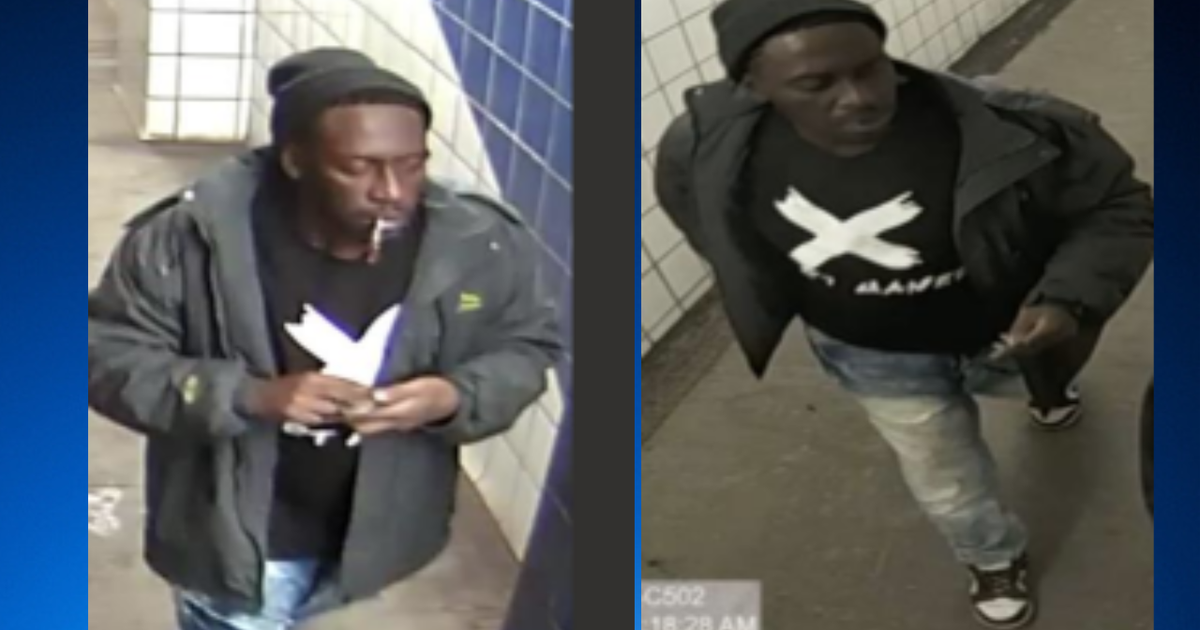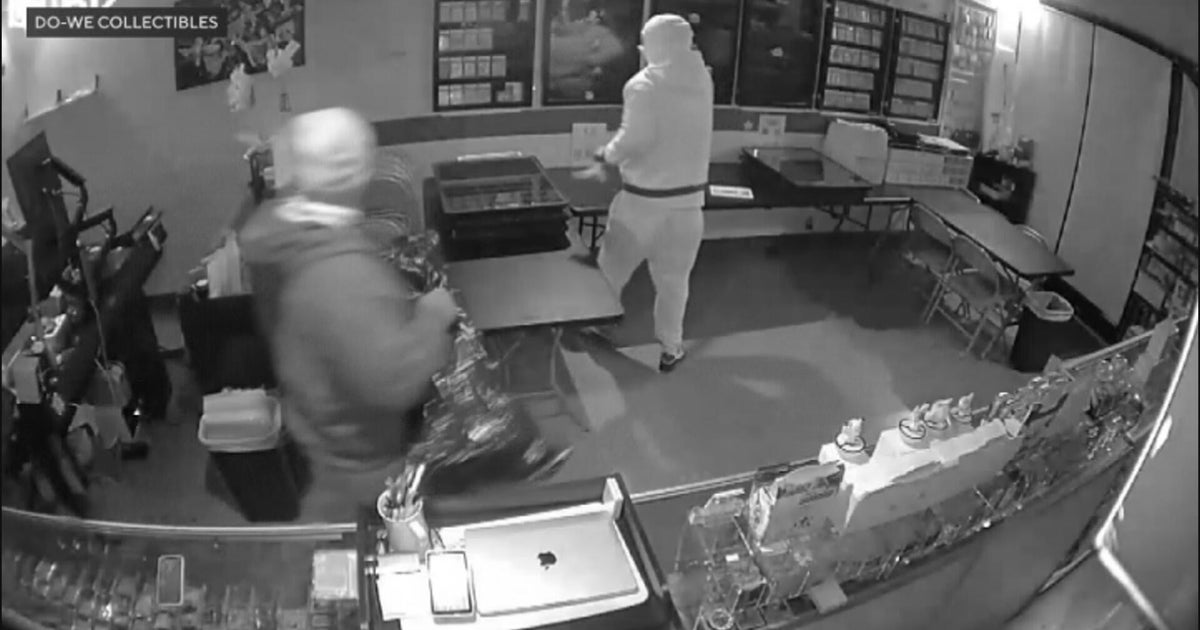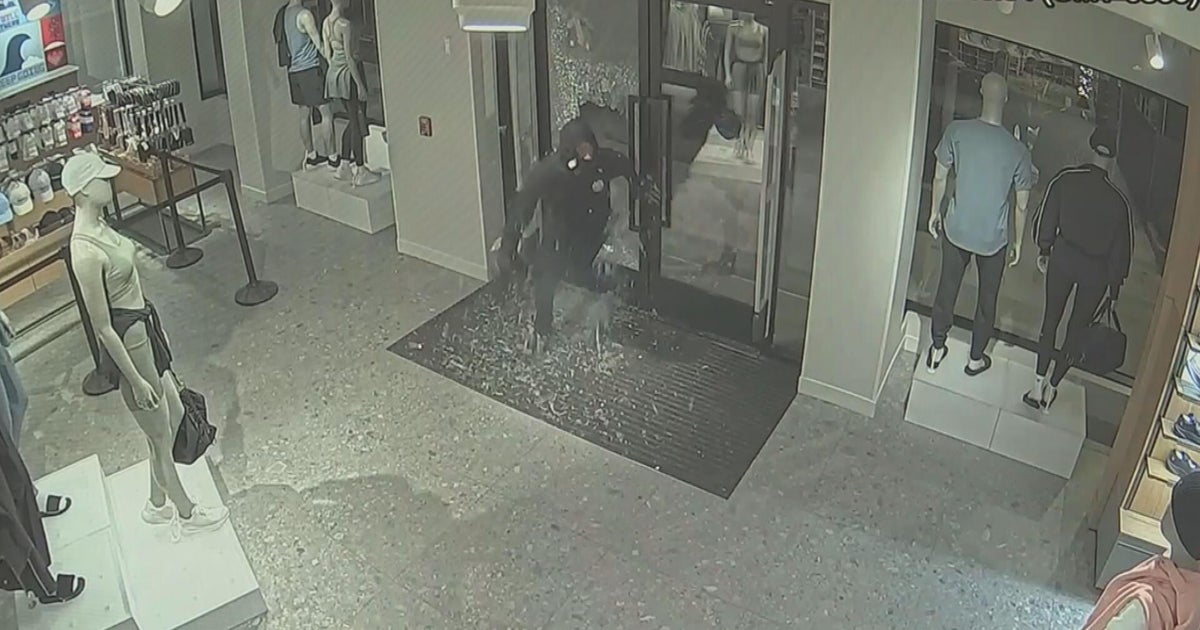A Pardon For Libby?
By CBSNews.com Senior Political Editor Vaughn Ververs.
Reporters had barely finished relaying the verdict yesterday when the question was raised – will President Bush use his Constitutional power to pardon I. Lewis "Scooter" Libby?
The former chief of staff to Vice President Dick Cheney was found guilty on four of five counts of obstruction and lying to a federal grand jury in the course of an investigation aimed at discovering how a CIA operative's name was publicly leaked. Barring appeals, Libby will likely serve some prison time under complex sentencing guidelines.
Then again, he could receive a presidential pardon for his crimes – something sure to set off howls of protest among Democrats in Congress. Actually, the howls have already begun. The prospect is completely speculative at this stage, but that hasn't stopped Washington from obsessing about it.
In his initial statement reacting to the Libby verdict, Senate Majority Leader Harry Reid sought to get the jump on any talk of presidential pardons. "President Bush must pledge not to pardon Libby for his criminal conduct," Reid said in a statement released by his office.
Others, like Sen. Ted Kennedy joined the call, saying, "The administration's contempt for the rule of law is breathtaking. President Bush should now pledge that he will not pardon Scooter Libby."
At the White House, spokesperson Dana Perino brushed the pardon question aside but still had a line handy, telling reporters, "I'm aware of no such request for a pardon. And as is afforded to all Americans, there is a process that is followed in which to apply for a pardon. And I don't think that speculating on a wildly hypothetical situation at this time is appropriate."
CBSNews.com legal analyst Andrew Cohen said there is no legal reason Bush could not pardon Libby, adding that "the only practical considerations would of course be politics and timing."
Cohen said the White House would almost certainly wait until the appeals process was exhausted, and any pardon would be unlikely to come before the next presidential election.
This president has put a high price on loyalty during his two terms and has inspired the same in return among his administration officials. While Libby's defense team sought to portray him as the fall-guy in this case, they did not call Cheney as a witness, something that could have opened the vice president up to damaging cross-examination.
"Dick Cheney is very close to Libby and a lot of people view this as a subordinate taking a bullet for Cheney," George Washington Law School professor Jonathan Turley told CBSNews.com. "He's not someone who's just loyal in the White House, he's loyal as a criminal defendant. He did not call in Cheney to testify, which would have been embarrassing."
The prospect of a pardon might also make it less likely that Libby would try to cut a deal with prosecutors. "There's always a danger he has something he could offer the prosecutors for a deal," said Turley, "but Libby is the ultimate insider player. He's not the type to cop a plea or turn on Cheney. In that sense, Dick Cheney and Libby are very simpatico. They have a lot in common."
Controversy over presidential pardons are nothing new.
President Clinton granted 140 pardons on his final day in office, some of which prompted Congressional investigations. A pardon for financier Marc Rich, who had lived as a fugitive outside of the U.S. for decades, had been indicted for tax evasion and charged with multiple counts of tax fraud in the early 1980s. After Clinton left office, questions were raised about whether large donations to the Democratic Party and to Clinton's presidential library by Rich's wife played a role in the pardon.
Other Clinton pardons provoked criticism as well. Susan McDougal, a key figure in the Whitewater investigation who was jailed for her refusal to testify against the Clintons received a pardon, as was Clinton's first HUD Secretary Henry Cisneros, who was convicted of misleading the FBI during a federal background check about payments he had made to a former mistress. For good measure, Clinton also pardoned his brother, Roger Clinton.
On Christmas Eve, 1992, after he had been defeated in his bid for re-election, President George H. W. Bush pardoned former Defense Secretary Caspar Weinberger and five other former Reagan administration officials who had been implicated in the Iran-Contra scandal.
Special prosecutor Lawrence Walsh was effectively forced to shut down his investigation as a result and the prosecutor charged Bush with abusing his presidential power. Walsh indicated that Bush was a target of his investigation at the time.
The most famous – and controversial -- pardon was granted to Richard Nixon by President Ford. The decision was a controversial one at the time, since it shielded the disgraced ex-president from being charged in the Watergate scandal and it almost certainly contributed to Ford's defeat in 1976. More recently, Ford's decision has been credited for helping the nation to heal the wounds of those tumultuous times but critics remain.
By Vaughn Ververs



